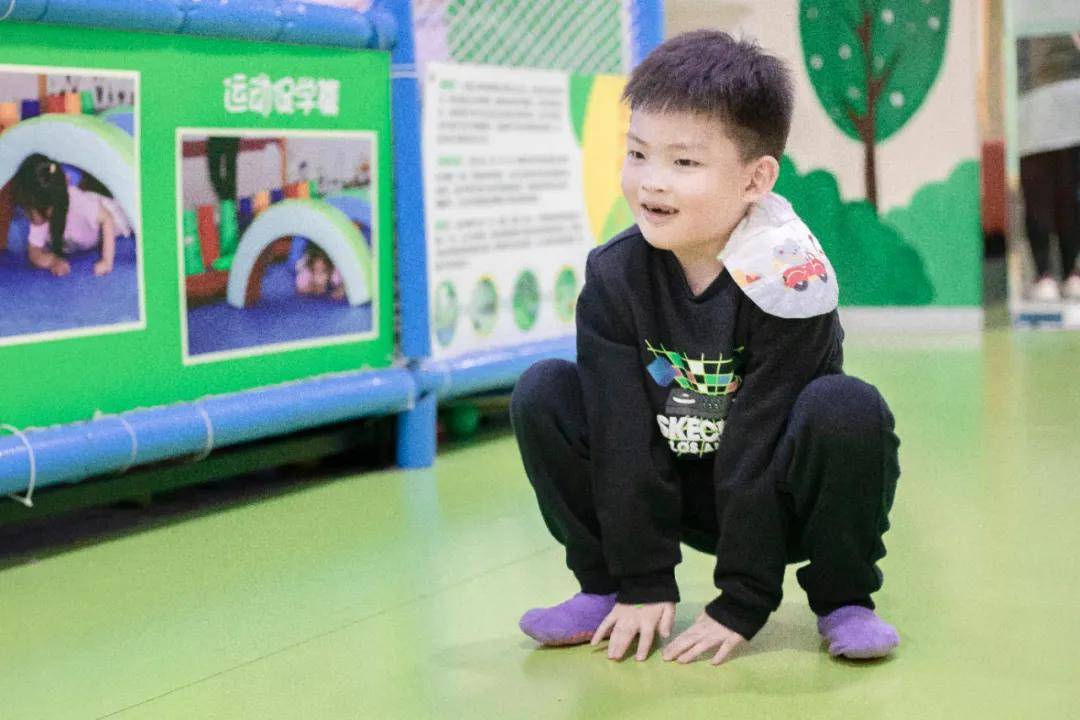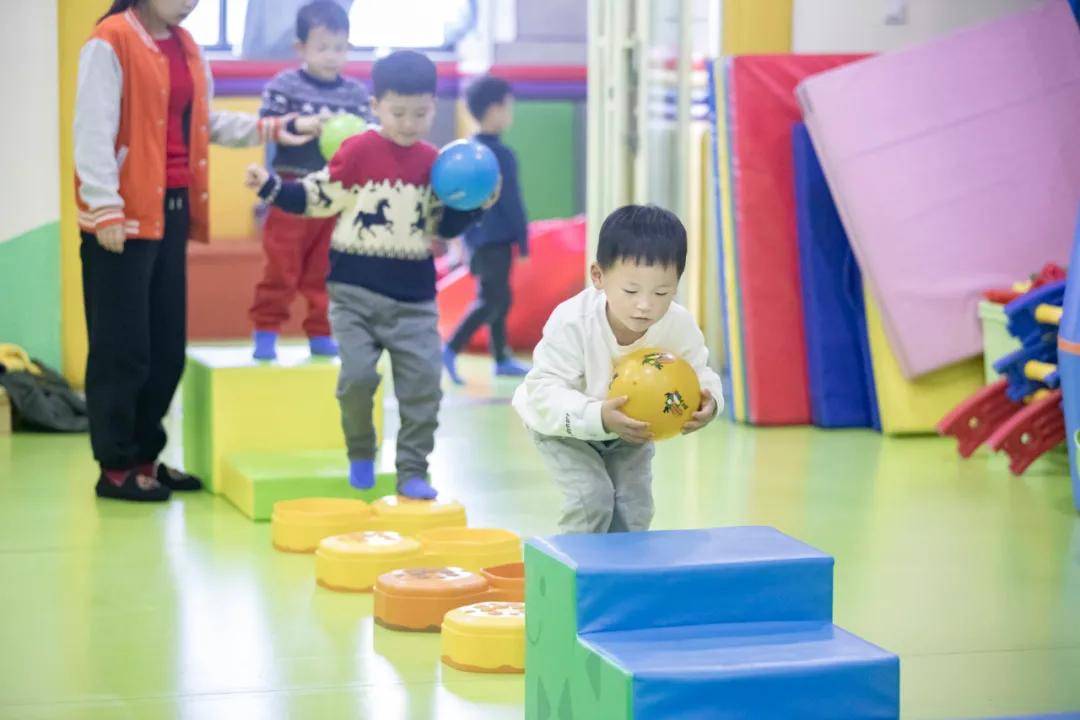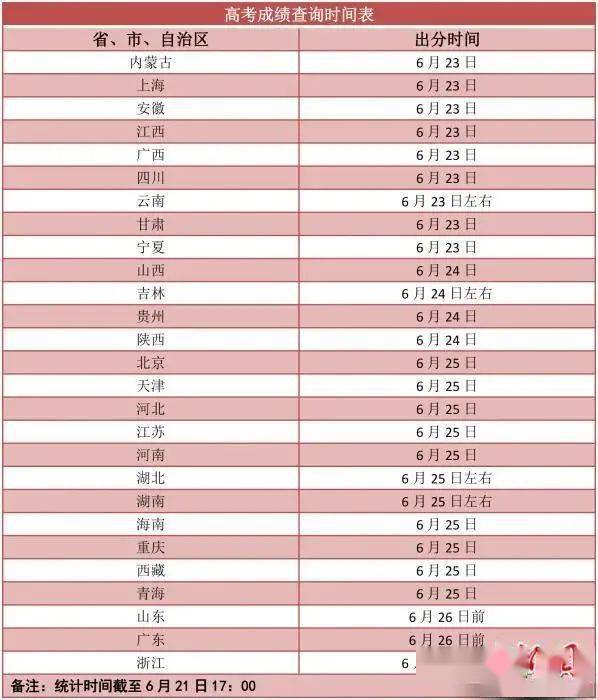As children grow up, parents find that it becomes more and more difficult for their children to bring them. Especially for children around three years old, he always likes to add a “no” no matter what the parents say. “I don’t eat”, “I don’t sleep”, “I don’t sit here”, “I don’t…” In short, it’s the opposite. Some parents are confused, what’s wrong?

“Why do children always have to fight against us?” The mothers racked their brains, not knowing what the children were thinking about in their little heads. Often the children get furious, but don’t know what to do.
In fact, different age groups and different families have different reasons for “contradictory”. If you want to coordinate and communicate with your baby, you should know these reasons!
The child is in a rebellious period
As the child grows up, there will be several rebellious periods before and after.
In this stage, children’s psychology often grows to a new stage, but their bodies and abilities have not grown so quickly. Under internal and external conflicts, children appear irritable, stubborn, closed, and difficult to communicate.
For example, what we often call the “terrible two years old”, the child’s self-awareness has just sprouted at this stage. At this time, the child found that when he said “no”, he seemed to have the power to control the situation. Therefore, children often say no at this time to explore the boundaries of his ability.

Command language commonly used by parents
Mom and Dad often say: Don’t knock the dishes loudly, don’t throw toys, don’t play in the water, don’t get your clothes dirty…but the child seems to have heard it, but they just want to do it, saying that they don’t want to do anything. In fact, this is not to blame the child, nor is it that the child is challenging the authority of mom and dad, but the way our brain processes it.
When we say, don’t think about pink elephants, your mind is full of pink elephants. When parents say not to watch TV, all the children hear is watching TV. Our brains seem to ignore “no” easily, so what a child is doing must be something you don’t want him to do. And the child’s logical thinking is not mature enough, when you say “If you go to bed late, you won’t get stickers.” Children never think that if I go to bed early, I will get stickers.

Sensory integration disorder
We have been advocating that human growth must conform to the law of life growth. It is only natural for parents to love their children. However, if the child’s physical development is restricted because of “love”, the child will seek to make up for it in the later stage.
As far as the phenomenon prevailing in society nowadays are basically only children, first of all, changes in the social environment and incorrect family parenting methods, excessive labor, and various arrangements have led to insufficient stimulation of the child’s sense of touch, and the appearance of courage. Small, clingy, self-willed, easy to cry, easy to sing against others and other tactile disorders.
Secondly, most children now go out basically by car. They hug more and climb less when they are out at home. The vestibule is not stimulated enough, and there will be hyperactivity, running randomly, non-obedience to rules and behavioral norms and other vestibules. The performance of dysregulation.

Therefore, affected by the deficiencies of vestibular sense and touch, the child’s nervous system needs a lot of sensory stimulation to seek compensation. The more you interrupt, the less the child can get compensation. At this time, the child is completely immune to it. Psychological control makes it difficult to suppress the brain nerves. Later in elementary school, it will develop into hyperactivity, climbing tables, and benches, with no sense of discipline and safety.
Is there any way to improve the child’s “contradictory”?
No label, clear rules
When the child is in the rebellious period, just accompany the child to spend as smoothly as possible.
Parents should not think that their children deliberately do not listen to you, so that you lose your authority as a parent. If parents hold this kind of mentality, it is easy to treat their children harshly and force them to deprive them of the experience and ability to make decisions about themselves.
At the same time, don’t label your children “domineering”, “disobedient”, “stubborn”, “bad boy”, etc. The child may say “no” unintentionally, and it will change in a few days.
But if you put an invisible negative label on your child, this label may always follow the child and let the child lose his nature.
What parents need to do is to make rules with their children. Make the rules clear with the child, and let the child know under which circumstances the child said it is not correct and under which conditions we need to follow the rules.
For example, when a stranger wants to give a child snacks, we must praise the child for saying no out loud and bravely; another example is when the child is unwilling to obey the traffic rules when crossing the road, we need to explain the rules to the child patiently and firmly implement it.

Pay attention to the way of expression, speak the truth
When parents talk to their children, they must not say the opposite, but say the truth. For example, if you tell your child not to knock on the dishes and chopsticks, you can tell your children that knocking on the dishes is too noisy and impolite. You can hold the dishes and chopsticks. Shall we concentrate on eating? Another example is telling children not to throw toys. It can be said that we help toys find their own home together. Tell your children not to watch TV. It can be said that the time for watching TV is over. Please turn off the TV. Let’s play with building blocks.

Conduct training for the sexy
Parents must keep in mind the principle of “use to advance, disuse and retreat”, let children exercise more, exercise more, to get enough sensory stimulation, and don’t over-organize, charge, and restrict.
Because of the “anti-tune” phenomenon of sensory integration disorders, targeted sensory integration training is urgently needed to help children adjust well.
Some children refuse to interact with the outside world because they are too sensitive to touch. Tactile training can improve the child’s tactile sensitivity and logical ability, so that the child can distinguish the problem from the parent instead of just rejecting it.
The vestibule controls the functions of maintaining balance and maintaining body posture. Vestibular balance training can effectively improve children’s sense of balance, attention, language expression and other abilities, allowing children to speak to their parents to express their demands, so that every child should be confident and lively at an age. , Keep them in their most original state.

Parents can take their children to professional sensory integration training institutions to conduct one-on-one ability assessments to understand their children’s ability development level, conduct targeted and professional sensory integration training, and effectively improve their children’s “contradictory” problem and grasp the improvement of their children’s abilities. In the critical period, let children become healthy, confident, focused and wise!





























































You must log in to post a comment.